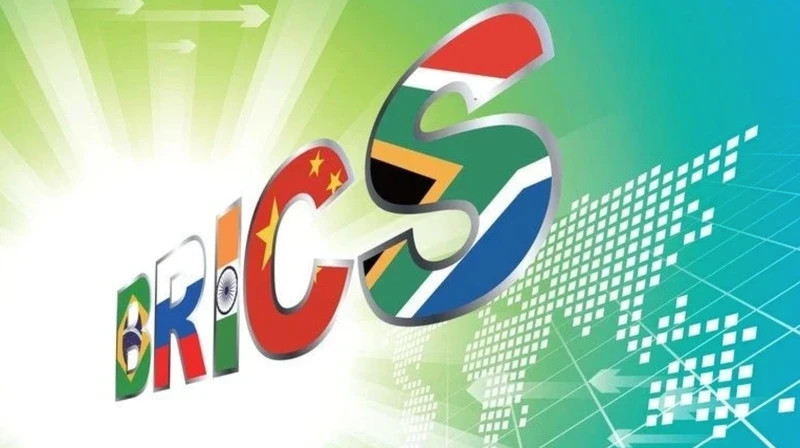Since the landmark expansion of the BRICS in January 2024, an increasing number of countries have expressed interest in joining this influential coalition. The expanded BRICS group is anticipated to play a more significant role in driving collective growth and safeguarding multilateralism, with members spanning across various continents.
Recently, Azerbaijan confirmed its official application to join BRICS, following support from Russia, this year’s rotating chair of BRICS, for Azerbaijan's accession bid. The appeal of BRICS is particularly strong among "Global South" nations — a term referring to developing countries in Asia, Africa, and Latin America. Malaysia and Thailand have also submitted their applications to join BRICS, while Venezuela hopes to become a full member during the summit scheduled for October.
This trend of BRICS and other international organisations, such as the G20 and the Shanghai Cooperation Organisation (SCO), expanding and welcoming new members reflects a growing inclination toward cooperation and collaboration in a world marked by volatility and unpredictability.
The complex nature of both traditional and non-traditional security challenges has seriously threatened global development. A series of crises, including the COVID-19 pandemic, conflict hotspots, food security, climate change, and cybersecurity, have underscored the urgent need for collaborative solutions.
Faced with this reality, the founding members of BRICS have affirmed that the door remains open for new members. Brazil has indicated that BRICS is ready to welcome new members, while India has stated that the group's expansion aims to accelerate global economic growth and address issues such as poverty, education, technology, and healthcare for developing countries.
With the expansion in January 2024, BRICS is increasingly seen as a “tiger with wings”, significantly enhancing its global stature and influence while demonstrating its commitment to solidarity and cooperation with other developing nations.
With the expansion in January 2024, BRICS is increasingly seen as a “tiger with wings”
According to Reuters, prior to this expansion, BRICS — comprising Brazil, Russia, India, China, and South Africa — represented around 40% of the world's population and a quarter of global GDP. The inclusion of new members, including major oil producers such as Iran and the United Arab Emirates (UAE), has substantially boosted BRICS' economic power and global importance.
Welcoming these developing economies highlights the growing role of these nations in the new global order. By joining BRICS, countries gain access to new investment markets, diversify their economies, and mitigate risks associated with reliance on a few trade partners. The group is also working on creating a separate payment system.
However, not all expansions yield the expected results. The expanded BRICS will face challenges in achieving cohesion and close integration among its members. Differences in development levels and divergent interests between old and new members are likely to create problems within the group.
As the 2024 rotating chair of BRICS amid this unprecedented increase in membership, Russia has pledged to ensure that the new members integrate in a smooth manner. The BRICS Summit in Kazan, Russia, in October will focus on strengthening political, security, economic, cultural, and humanitarian partnerships while promoting collective actions to address global challenges.
















